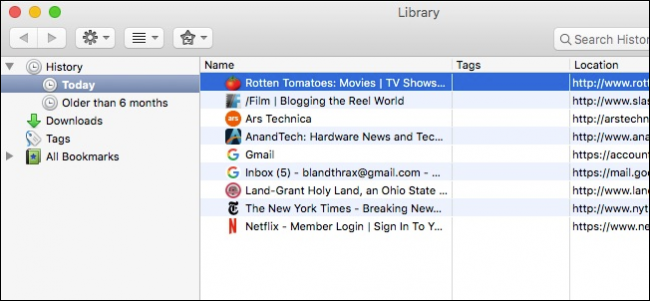

- Show cache for firefox mac how to#
- Show cache for firefox mac update#
- Show cache for firefox mac manual#
To play it safe, back up the folders mentioned in the steps below.
Show cache for firefox mac manual#
Now, if you’re ready to finally get down to business, we’re going to walk you through both the manual and the automatic solutions to clear your cache.
Show cache for firefox mac how to#
How to clear all types of cache on Mac step by step Here are the three main categories of cache data: Wondering how much storage you’ve lost already? Well, it’s different for everyone, but it’s safe to assume several gigabytes at the very least. It’s staggering how much space can in fact be occupied by app/user cache on Mac. To make it even worse, undeleted cache data also leads to task conflicts and other system issues. What was initially useful becomes a drag, slowing down your Mac through all the wasted space it is taking up. Old cache files that remain latent in the system do nothing but piling up, cluttering your system folders. The outdated cache may be the reason why some websites behave laggy. For example, if the website you’re about to visit has been updated ever since your Mac cached its data, your browser will still load the outdated cached version of the site. Why should you clear cache on Mac?Ĭache is meant to help your Mac load sites faster, but sometimes it brings more harm than good. Cache files serve a vital function as they contain a “shortcut” to a task in order to perform it faster the next time.

Click Clear now to delete the Edge cache.


Think of it like a reset for the website. That’s because your browser loads the latest version of the website rather than older cached elements. A website that’s not working correctly because the files stored in your browser cache don’t match the files loading from the Internet may perform better after clearing your browser cache.
Show cache for firefox mac update#
Website owners typically update their websites regularly, and so cached website elements become outdated over time. But clearing your browser cache periodically can be helpful for performance and other reasons. Clearing your cache regularly can be counterproductive-it will slow down websites that you visit often, because you have to load all elements just like it’s your very first visit to that site. Your browser cache helps websites load faster and more efficiently. This way, the browser already has some parts of the website so it can load faster on your future visits. The website you asked for replies to your request by loading the website.įor websites that you visit often, some elements like images or fonts are stored in your browser’s cache. When you try to visit a website, by typing in the URL, or clicking through from Google or another website, you make a request in the web browser. In computing terms, and specifically for web browsers, websites use a browser cache to store some elements for faster future loading. Computers also reserve a portion of their RAM to heighten processing speed. There’s a disk cache, too, that links the CPU and storage. Your computer’s processor has its own cache called the CPU cache that links the main memory and the processor. But in website and computer terms, a cache is temporary storage that is used to speed up future requests and load things more quickly for the user.Ĭaches are used in several different ways in computing. If you’re familiar with the outdoor recreational activity geocaching, you may be familiar with the term outside of computing. The term “cache” refers to a storage container.


 0 kommentar(er)
0 kommentar(er)
